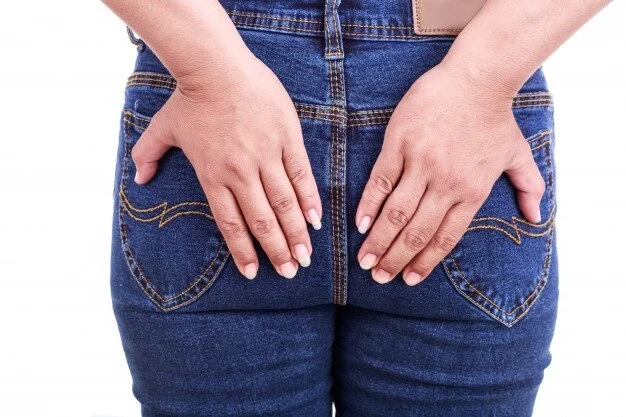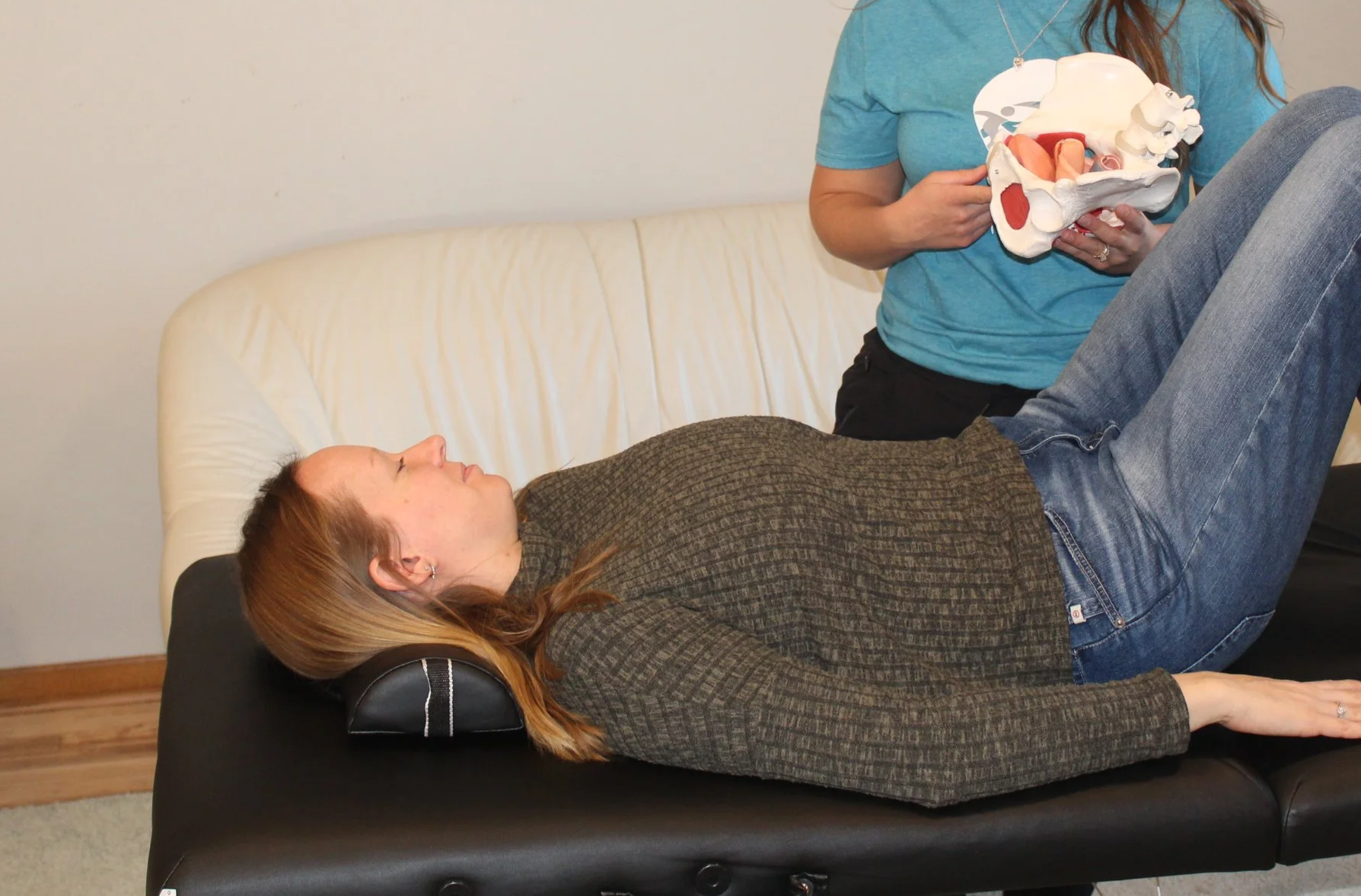Fecal Incontinence
Overview of fecal incontinence:
Fecal incontinence involves the unintentional loss of stool or gas. It can range from occasional urgency to complete loss of control and can be deeply distressing. Many of our patients experience difficulty holding back gas after having a baby. Most people don’t realize this is indicative of pelvic floor dysfunction, but it is, and we can help! The external anal sphincter
Common causes:
Damage to the anal sphincter or nerves during childbirth, pelvic surgeries, chronic constipation, neurological disorders, or long-term straining. Hormonal changes and muscle weakening with age also contribute.
Impact on life:
Fecal incontinence can be really emotionally challenging. It can cause intense shame, social withdrawal, and anxiety around eating, traveling, or being far from a restroom. Many women suffer in silence, believing it’s untreatable. Relationships and self-esteem often suffer as well. But we are here to tell you that you don’t have to live like this!
How pelvic floor therapy helps:
Pelvic Floor Therapy at Moms in Motion focuses on retraining the pelvic floor muscles for strength and timing, improving awareness of bowel urges, and teaching proper toileting mechanics to support healthy function. Our team is trained to perform trans-rectal treatment, so we can easily address the involved muscles on the back side of the pelvic floor. We also address any imbalances that often contribute to the back side of the pelvic floor not functioning optimally. We want to help you regain confidence and control!
Our treatment:
We begin with a thorough evaluation and create a plan based on your needs. We look at your whole body to see how it functions as a system and then we focus in on the pelvic floor muscles to assess their function, coordination, and tissue integrity. We perform both internal and external assessments to get the best idea of what is going on. You’ll receive compassionate care that includes muscle training, breath and pressure management, manual therapy (hands on treatment), and education on fiber, positioning, and supportive habits. We will have you fill out a bladder and bowel diary so we can determine if there are any obvious patterns or habits contributing to your symptoms! Then we make plan to improve it with small changes, one week at a time! We typically give you 2-3 exercises to do at home each week to keep progressing forward.
Ready to tackle your fecal incontinence for good? Request an appointment today!


